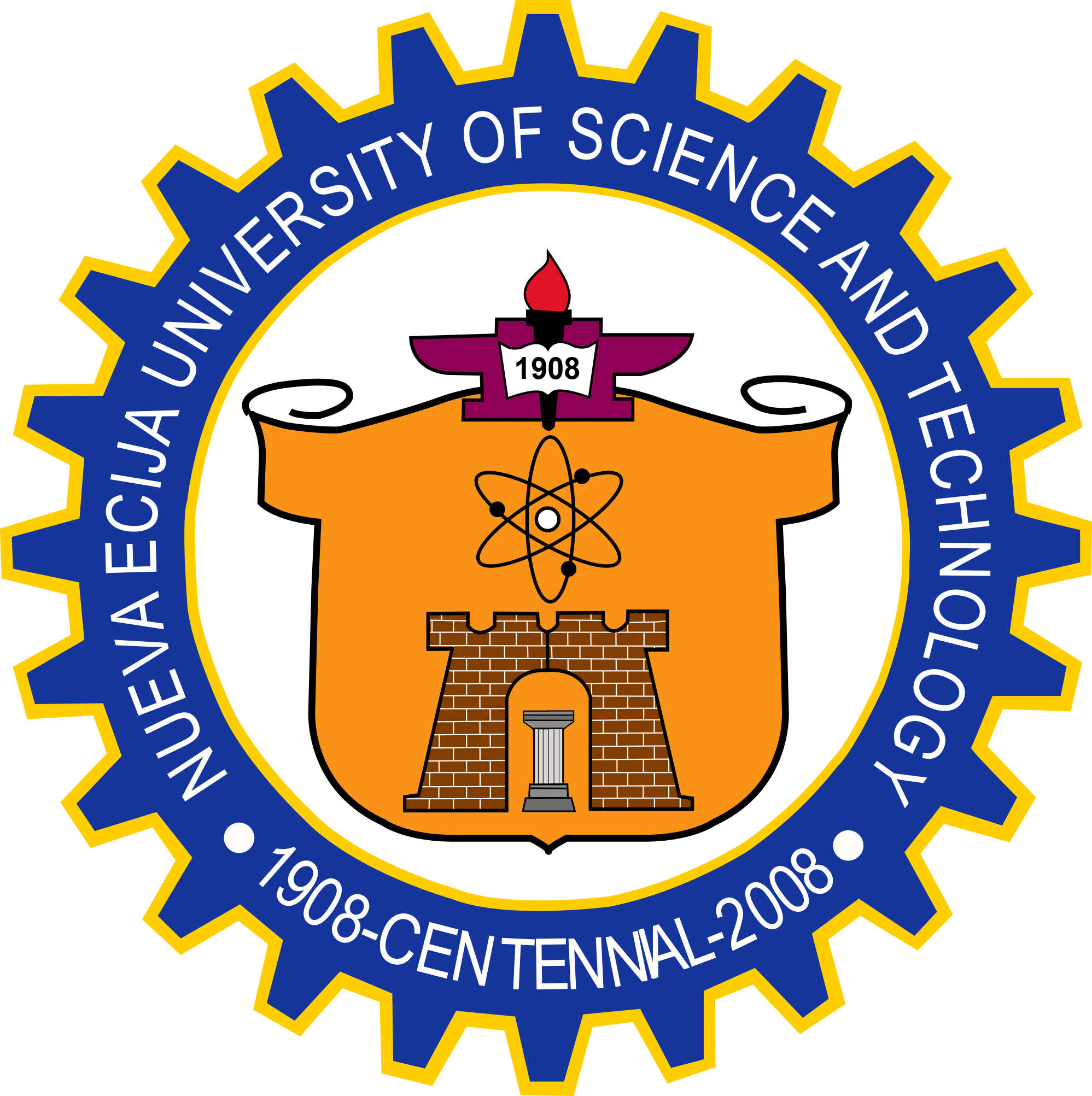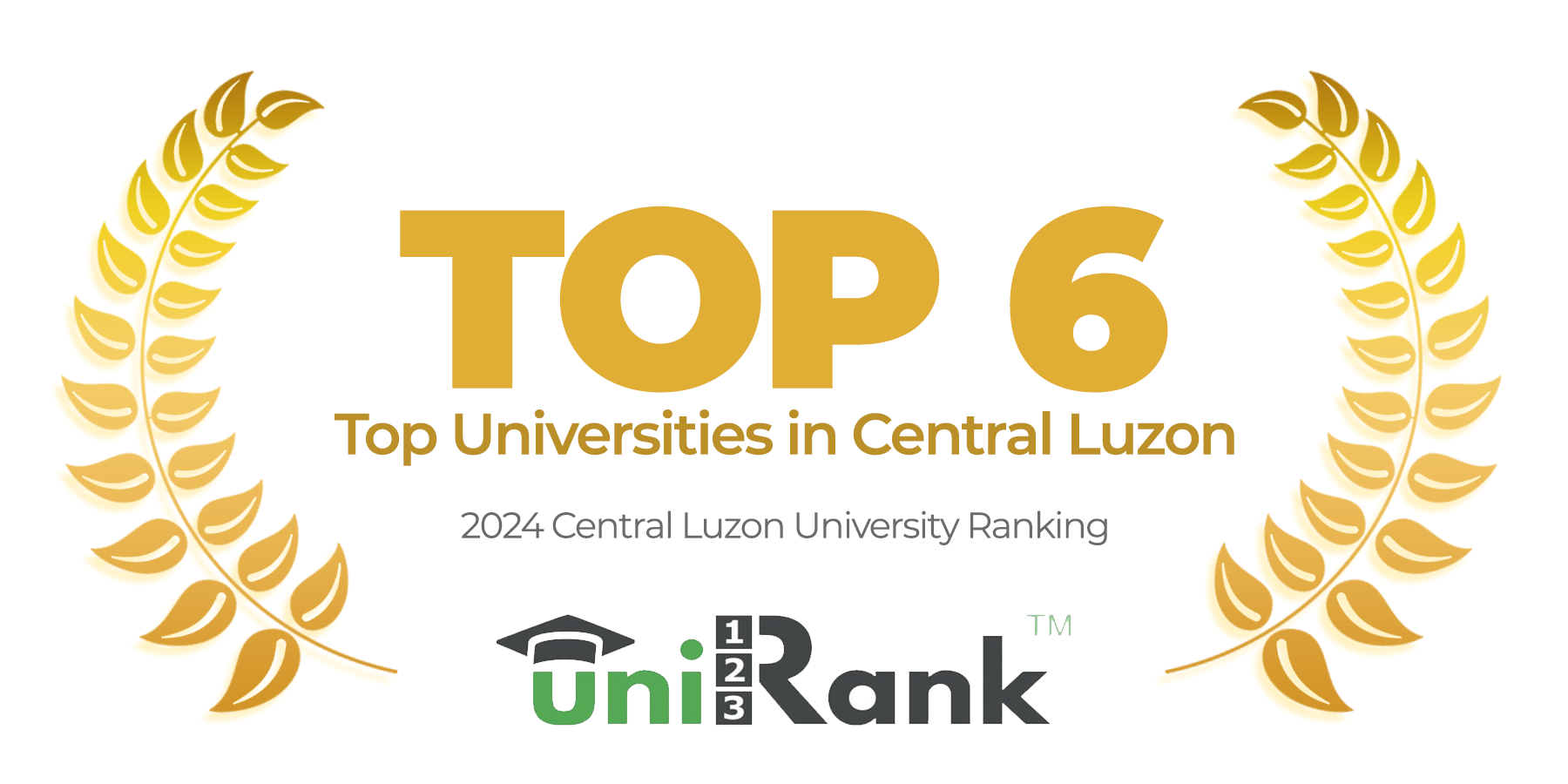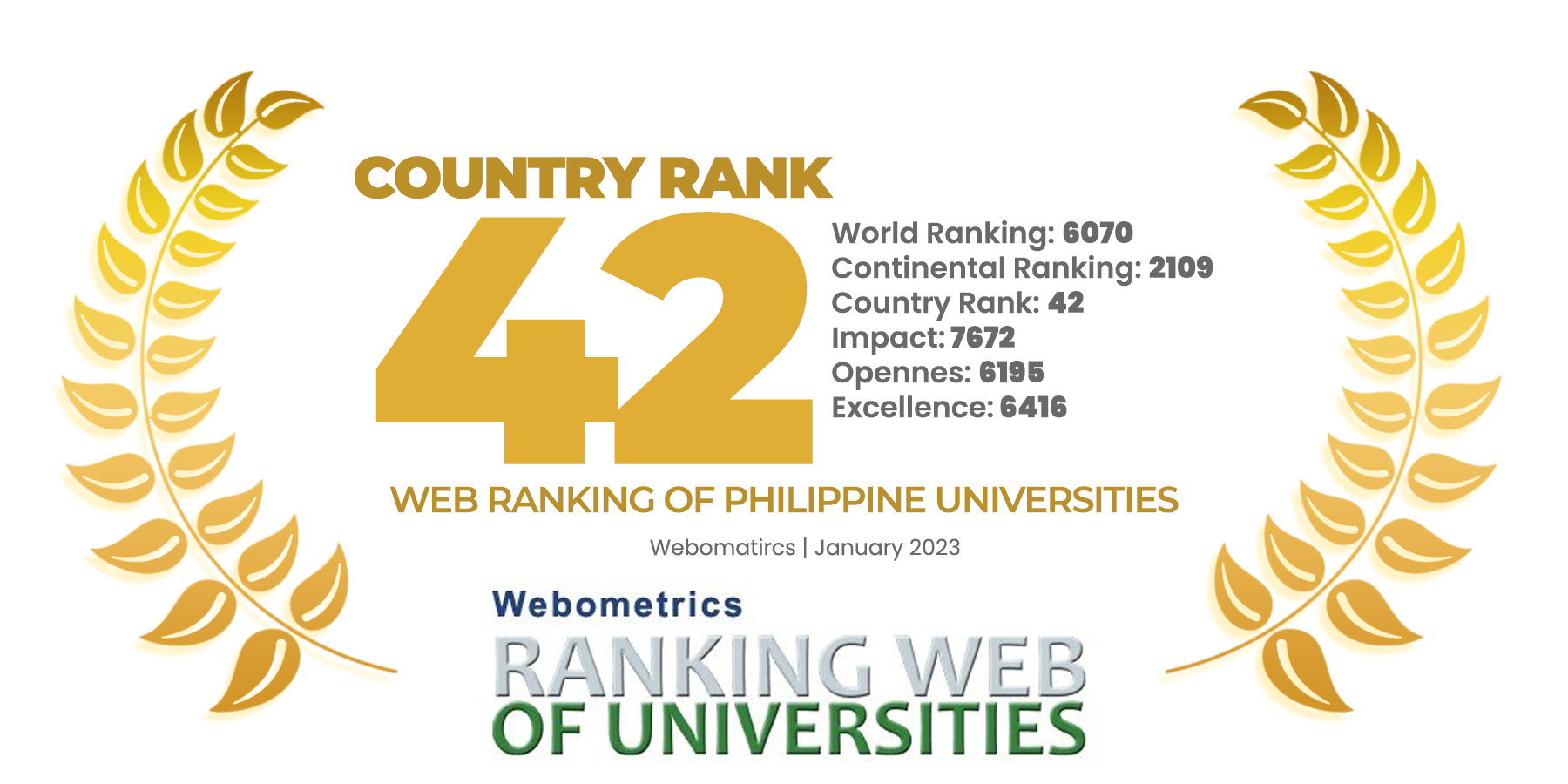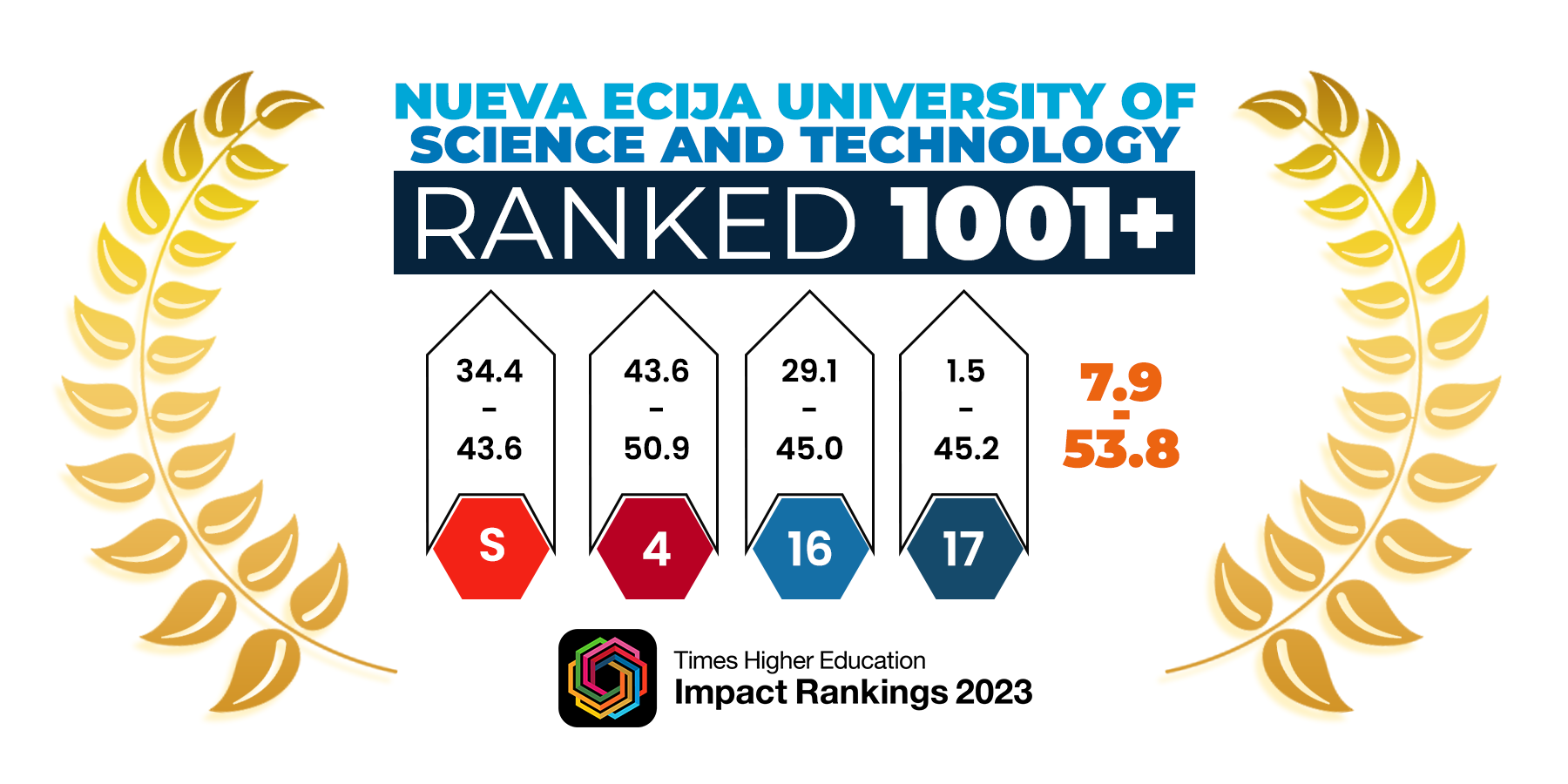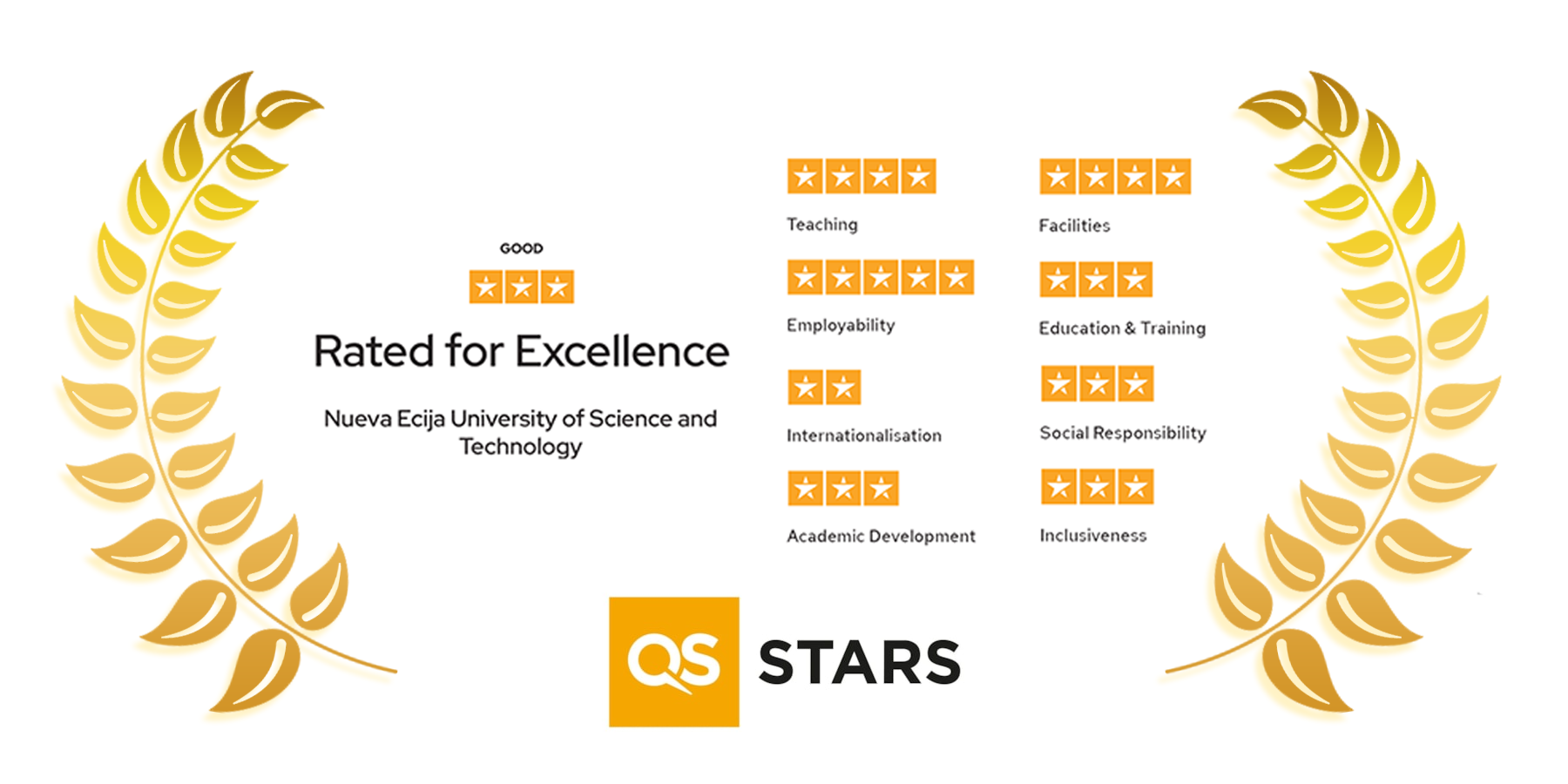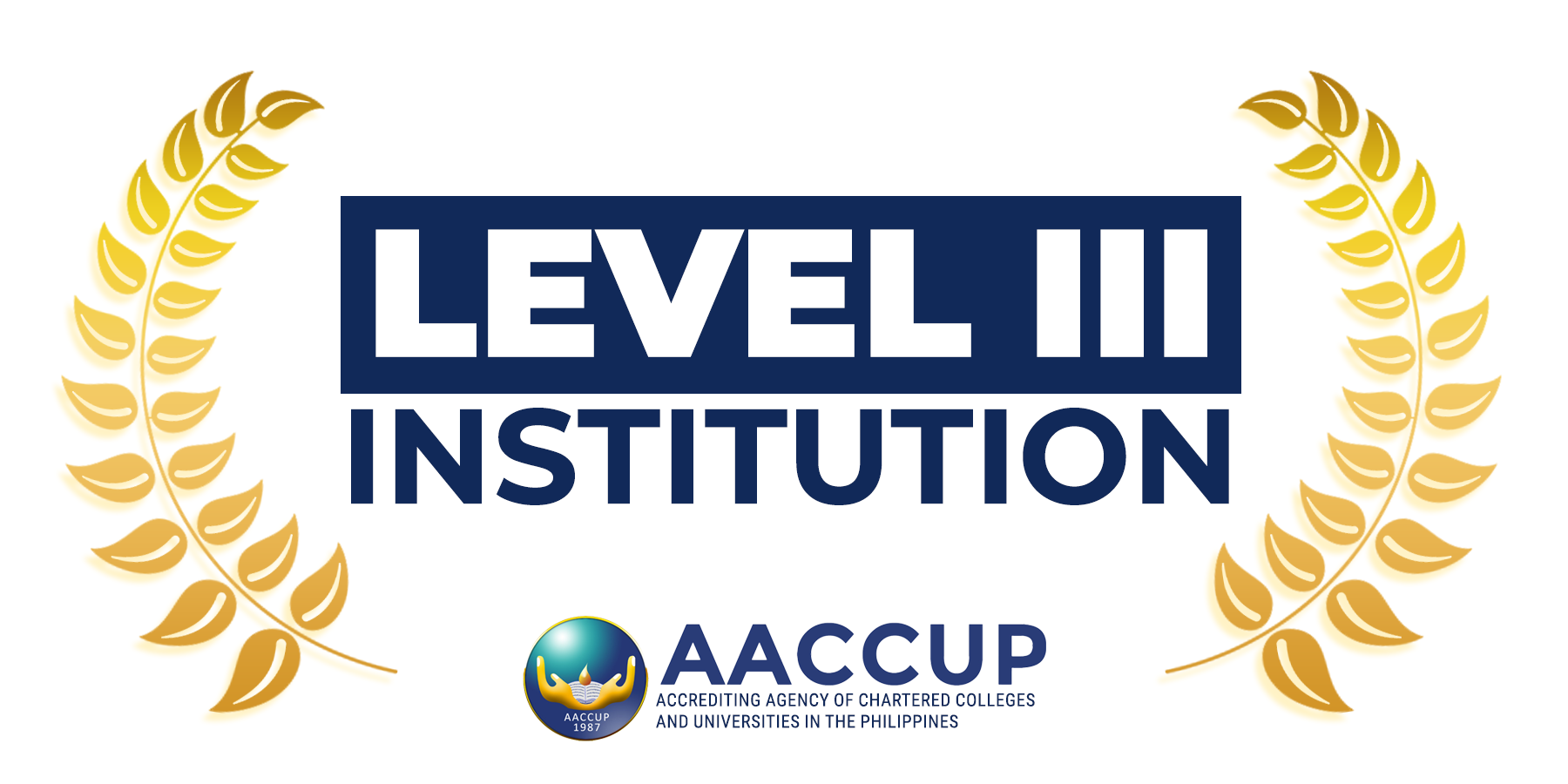In support of the development of multidisciplinary approaches that promote mental wellness in contemporary society, the Nueva Ecija University of Science and Technology (NEUST) hosted the 7th International Conference on Psychology, Counselling, and Education (ICPCE) 2025 on August 29 to 30, 2025, at the Mini Convention Center, NEUST Sumacab Campus.
Carrying the theme “Fostering Resilient Minds: Advancing Multidisciplinary Approaches for Mental Wellness in the 21st Century,” the conference aimed to provide a comprehensive platform for dialogue, research presentations, and the sharing of professional experiences concerning mental health, psychology, counseling, and education.
Participants included Psychology students from the College of Arts and Sciences, faculty members from the Psychology Department, and guidance counselors from various institutions, along with representatives from several universities and organizations such as the University of Santo Tomas, Polytechnic University of the Philippines, De La Salle University, Supreme Court of the Philippines, Cebu Institute of Technology – University, National University – Baliwag, Palawan State University, and others.
There were also online international participants from institutions such as the Manav Rachna International Institute of Research and Studies in India, Arden University in Germany, University Malaysia Sabah, Birmingham City University in the United Kingdom, as well as independent researchers from the United States, Canada, and the United Kingdom.
In his welcome address, Dr. Mario Abesamis, Dean of the College of Arts and Sciences, emphasized the importance of collaboration across disciplines in enhancing support systems for mental health.
“ICPCE 2025 is more than a conference—it is a call to rebuild our sails together, forging resilience through the shared strength of psychology, counselling, and education for a healthier, more compassionate world,” he said.
Meanwhile, Engr. Feliciana Jacoba, NEUST Vice President for Academic Affairs, underscored the need to establish a compassionate framework for the well-being of students and educators.
“Mental health is not a luxury but a pressing need—and through this conference, we stand united as educators, counselors, and advocates to create a compassionate framework that sustains the well-being of both students and faculty,” said Dr. Jacoba.
Kia Hem, Advisor for Mental Health and Psychosocial Support of the GIZ Civil Peace Service, delivered the keynote address focusing on the development of mental health initiatives in Cambodia and the integration of MHPSS and trauma-responsive approaches in peacebuilding in post-conflict and low-resource settings.
Dr. Soledad Mina-Roguel, Director of the Special Initiatives and Project Office of Manuel V. Gallego Foundation Colleges, led the first plenary session and presented a discussion on the integration of the Mental Health Law in the basic education curriculum.
The second plenary session was presented by Ann Maribel Hapin, Treasurer of the Psychological Association of the Philippines, who tackled the role of psychological assessment in the fields of health and education.
Meanwhile, Dr. Benny Soliman of Tarlac Agricultural University facilitated a session on developing effective mental health programs, while Panha Pich from the Transcultural Psychosocial Organization (Cambodia) discussed the assessment of psychological pain through the validation of the PSYCHACHE scale in the Cambodian context.
The first day concluded with a call to utilize the knowledge and insights gained during the sessions to further promote collective responsibility in mental wellness through sustained action and collaboration.
In her plenary presentation, Dr. Rhodora Jugo, NEUST SUC President III, addressed the mental health crisis in higher education by emphasizing the need to create institutional environments where student well-being is prioritized as an integral part of academic life.
“Addressing the mental health crisis in higher education is not just about providing services. It is about reimagining our campuses as places where well-being is woven into the very fabric of academic life—where no student feels invisible, no struggle goes unnoticed, and no life is lost to silence,” said the NEUST President.
Simultaneous workshops and research presentations were conducted, with guidance counselors, researchers, and Psychology students presenting onsite, while international participants joined virtually to share findings and receive feedback.
Several workshops were held concurrently, including those facilitated by Dr. Jenny Lyn Casano on trauma-informed therapy using Polyvagal Theory, Armenia Montaño on rapid mental health first response, Adrian Yrigan on interdisciplinary approaches for mental resilience, and Dr. Charissa Mojica-Rañeses on psychological trauma management from intrapersonal and interpersonal perspectives.
The conference concluded with a message from Dennis Relojo-Howell, Managing Director of Psychreg, who expressed gratitude to NEUST and all contributors for their roles in the success and continued growth of ICPCE.
#NEUSTGLOBAL
#NEUSTICPCE2025
#7thICPCE2025
#MentalHealthAwareness
#SDG3GoodHealthAndWellBeing
#SDG4QualityEducation
#SDG10ReducedInequalities
#SDG17PartnershipsForTheGoals
